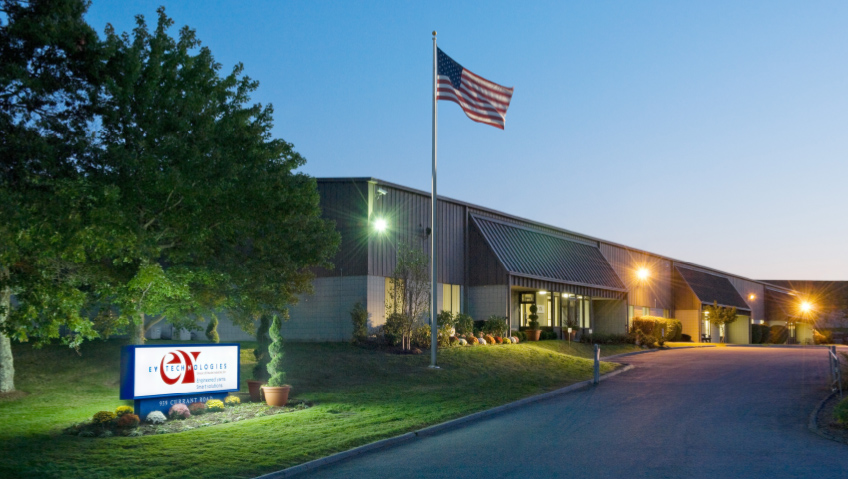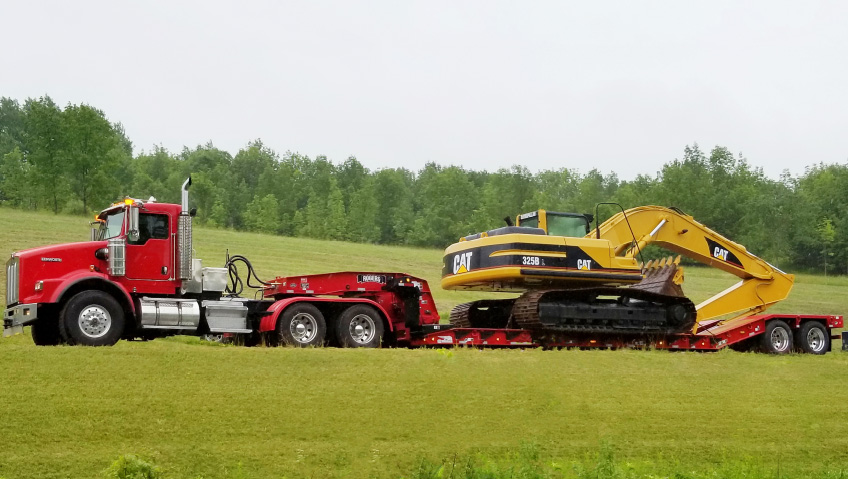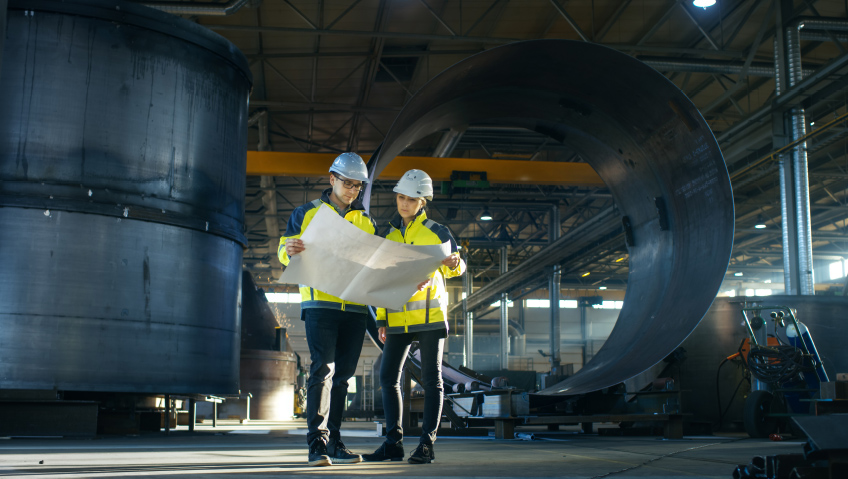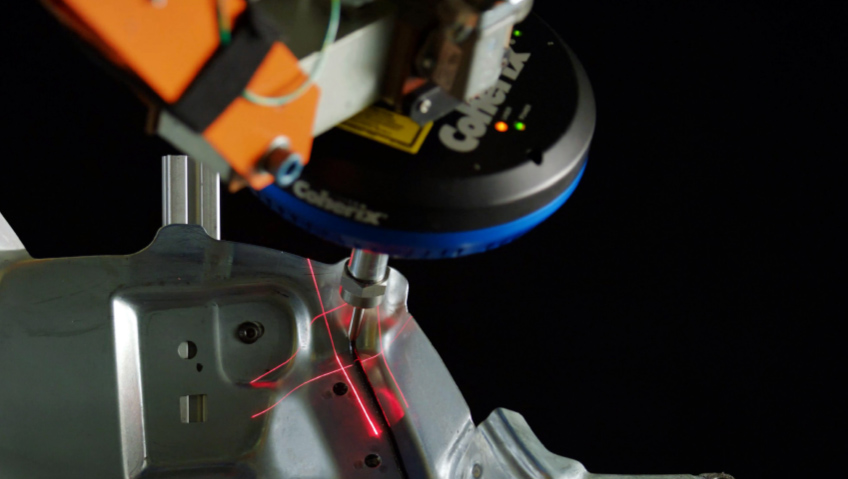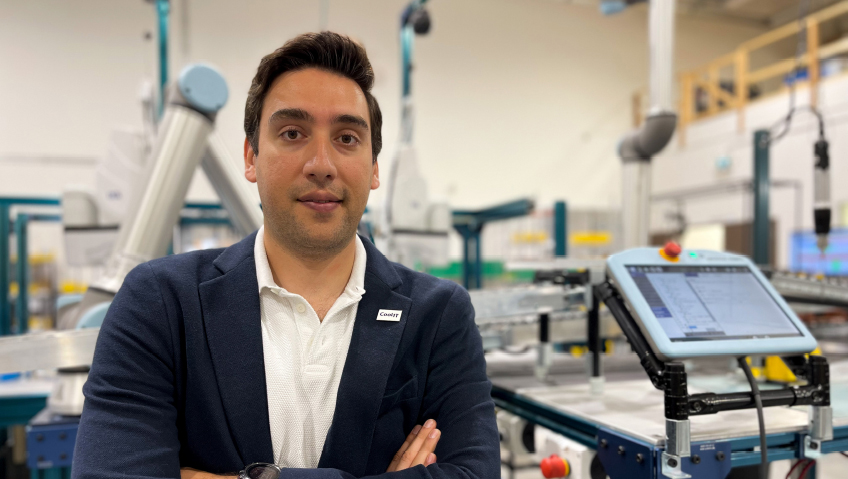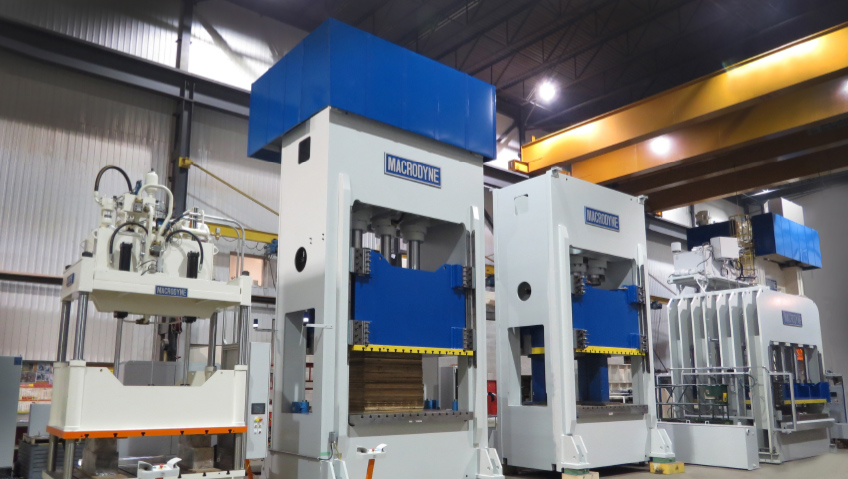A far cry from spinning yarns the old-fashioned way, EY Technologies in Fall River, Massachusetts, spins ultra-modern, manmade yarns in ultra-modern ways. To ensure the superior quality and longevity of everything it makes, the company develops and trademarks custom equipment, processes, and materials. It is equally adept at developing custom yarns for clients’ unique needs in its onsite laboratory, taking them through the entire process from ideation to prototyping, all while keeping value and budgets in mind.
EY Technologies is a niche manufacturer of high-precision, specialty, coated yarns with many uses. Its engineered, industrial-quality yarns are favored by some of the world’s best-known fabricators, specialty fabric manufacturers, telecommunications giants, and others around the world. Nearly forty percent of its yarns are shipped to customers as far away as Europe, Australia, South Africa, and Asia.
The company has a sophisticated, 40,000-square-foot facility in Fall River, and those with an interest in chemistry, yarn, and fiber manufacturing may be interested to know that one of the country’s most trusted custom fiber manufacturers is hiring. It is growing, and to accommodate all the added activity, the company recently opened the doors to its new Corporate headquarters and finishing facility in Little Rock, Arkansas.
The fiber expert produces everything from electronic fiber for conductive textiles and clothing to super-stretch fibers with high elasticity performance for sporting goods, multi-coated fiber technology used by the medical industry, and advanced nanoparticle hybrid fibers used in specialty construction.
People love coming to work here. EY Technologies “is a great place to work because we are a growth company. We are continuously [evolving]. We have a highly skilled workforce. We do a lot of work to retain our employees. We [pay] performance bonuses and sign-up bonuses [alongside] very good benefits packages,” says Raymond Pascale, President.
The approach is working. EY Technologies has nearly doubled its staff count in fewer than ten years. This is a driven team that strives for excellence. “We are very proud that, although we are a small, privately-owned business and compete with publicly-owned global giants, we are still the market leader in our main product. Everybody is on the same page,” Pascale adds, underlining what an important hallmark the team’s dedication to the consistency and quality of its products is.
As a trailblazer in its field, EY Technologies has an impressive product selection. One of its most prized items is used in heavy-duty agricultural and construction vehicles, protecting cable harnesses with next-generation polyvinyl chloride-coated synthetic yarn. The composition of the fiber is durable enough to survive the harsh outdoor conditions in which these vehicles operate.
The company also fabricates what are known in-house as hot-melt yarns. These yarns are treated with thick, melted resins to impart a range of desirable characteristics that improve performance in different applications. In another method, synthetic yarns are coated in a thermoplastic adhesive for use in flooring laminates and to seal fabric edges.
EY Technologies’ yarns are proven to outperform inferior products like plastic convoluted tubing as its specialty harnessing products last over fifteen years in the harshest of conditions. Weave tension combined with monofilament or multifilament base yarns or metal fiber coated in specialty plastics create high-performance solutions for unique applications.
Another of its specialty fibers has stood the test of time after almost twenty years in the field. Originally developed for the United States government to lend blast resistance to concrete, the engineered fiber offers top-performance concrete reinforcement while significantly displacing and reducing the need for steel rebar. This has proven most useful in marine construction and sea walls where corrosive saltwater coupled with the nature of currents and tidal activity perpetually beat on the structural integrity of ordinary concrete.
“In ancient Roman times, they used straw to reinforce concrete. There have been [many such] products on the market but ours is a high-end [maximum reinforcement fiber] that is extremely impact resistant. And it is showing to have a lot of structural properties to it,” Pascale says. Sold as SafeTcrete™ by another Pascale Industries subsidiary, the product is fast becoming a star in precast concrete construction as tests have proven that walls containing the product show no signs of corrosion even after two decades.
SafeTcrete™ comes in two specialty versions. SafeTcrete™ IMPACT offers enormous structural protection of up to three-and-a-half times more impact resistance during earthquakes and other heavy-weight, high-velocity contact by leveraging the flex and resistance profile provided by the unique fiber system. A chemical reaction takes place between a custom fiber mixture and concrete as the surface of the fibers allows each strand to meld into the material matrix during the curing process.
The product claims to be the first of its kind to offer this level of blast protection, making it stand head and shoulders above traditional reinforcement materials such as metal rebar and other types of fiber and concrete.
Pennsylvania State University proved that concrete containing the specialty fiber is also significantly more crack-resistant, reducing the ‘shrapnel’ effect of any high-impact blows from heavy objects or seismic activity. In addition, Special Forces testing at Fort Bragg, North Carolina also proved the material to be of far superior quality than any other available today. Further tests by the Defense Threat Reduction Agency of the company’s improved fiber culminated in very high praise and a continued working relationship between the two entities.
SafeTcrete™ Precast Structural Fibers add strength while removing much of the weight that comes with metal reinforcement. The fibers are unaffected by chemical conditions, do not dissolve in water, and offer easy finishing. Plus, as the product is comparatively lightweight, transportation is more cost-effective.
The company became known as EY Technologies after the original company, Engineered Yarns of America, was acquired by Pascale Industries in 1991. It has always been known for its innovation, manufacturing materials such as fabric-wrapped wire for reinforcing automobile tires and other products. Today, it has many new capabilities, such as filament extrusion whereby polymer pellets are turned into useful plastic fibers for multiple uses.
As the demand for its products continually grows, Pascale notes a marked shift toward improved protection in several high-end markets. This, in turn, drives an ever-growing demand for innovation. “Typical wire harness protection is not suitable for a lot of these vehicles due to either temperature, vibration, or other types of electrical interference,” he says. Another growing market positively influencing its bottom line is that of laminates used in various types of construction. These materials serve as customized wall finishes, while SafeTcrete™ helps speed up construction at a fraction of the price of steel reinforcements.
As the team greets the future of first-class fiber fabrication, EY Technologies is set to continue developing and expanding its product portfolio while honing and building on existing research through its modern development capabilities. Since its yarns are already in subspace satellites, even the sky is not the limit for this industry leader.

